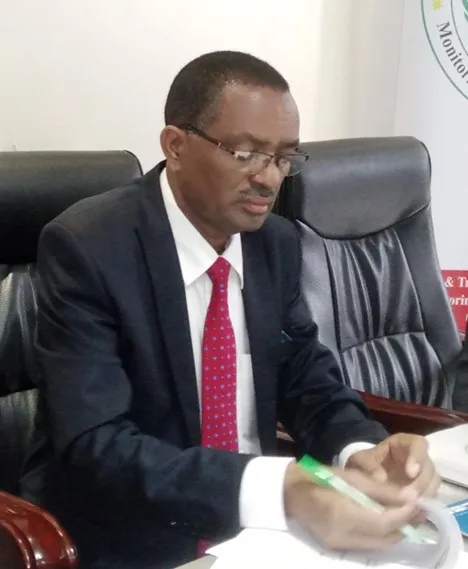Parties to the 2018 revitalized peace agreement have remained with eight days from now to graduate 83,000 unified forces according to ceasefire monitors.
The same old challenges such as lack of food, shelter, and medicines have been peddled by the parties as the transitional period under the peace deal nears its end.
Asrat Denero Amad, the Chairperson for the Ceasefire Transitional Security Arrangements Monitoring and Verification Mechanism (CTSAMVM), on Wednesday observed that little has changed on the ground since April 3, when the parties formed the unified army command structure.
“Regarding the implementation of the pre-transitional task, CTSAMVM has visited cantonment sites and training centres and has observed little change on the ground,” he said during a CTSAMVM technical meeting in Juba.
In April, the parties tasked the Joint Defense Board (JDB) to speed up the graduation of the unified forces consisting of army, police, prison, and wildlife and military intelligence in July this year before February 2023 when the current transitional period ends.
“We urge JDB to expedite the arrangement for the graduation and deployment of forces for the good of the peace process,” said Amad.
Maj. Gen Chuol Ruey, a member of the Sudan People’s Liberation Army in Opposition (SPLA-IO), called on the parties to expeditiously implement the peace deal to pave way for healing and reconciliation.
“If we are unified and we are still having problems here and there, then it begs question as to why this is happening, we have to move with speed to curb all these problems and focus more on rebuilding the nation,” said Ruey.
“All South Sudanese after the unification of the army command have to work together, it is our responsibility as leaders of this country to rebuild this country that is being shattered by civil war,” he added.
Maj. Gen Rabi Mojung, a member of the incumbent Transitional Government of National Unity (RTGoNU), said the unification of forces needs necessary political will from the presidency.
“We want to have a bottom-top approach to unify the forces, but lastly people agree to have a top-down approach because command and control do not start from the Chief-of-Staff, it is supposed to start from the Commander-in-Chief in accordance with the constitution and the law,” said Mojung.
“If the top is not unified it will be very difficult for what has been unified to do its work, parties really need to have that sense of nationalism,” he added.
Brig. Gen Samuel Chan, a member of the South Sudan Opposition Alliance (SSOA), said soldiers were still deserting the training and cantonment due to a lack of food, medicines and shelter.
“Most of the training centers have been deserted by the forces, and there is also need to speed up the process of the unification of army command because what was unified was high command, the operational level is still under the control of the chairmen of the parties to the revitalized peace agreement,” said Chan.
Maj.Gen Bior Leek, a member of the Former Political detainees (FDs), said that despite the recent of the army command, the Chief of Defense Forces (CDF) Santino Deng Wol is still not able to assert his command over these forces.
“Now the CDF cannot give orders to the forces that are there in Akobo and the deputy CDF cannot give directives to forces in Division one or Division Three because all these forces are separate, it is very difficult for them to take command and control,” said Leek.








